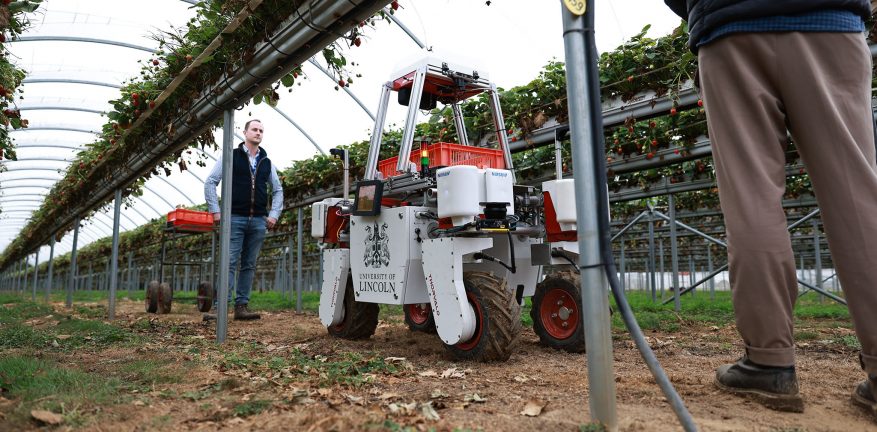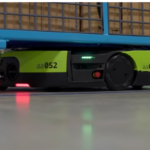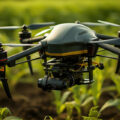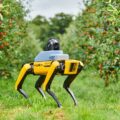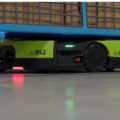The U.K.’s leading telecommunications company is showcasing the first results of a robotic test facility to manufacture telecommunications equipment to support the rollout of fiber optic networks.
Nearly a year after opening a robotics research facility at its renowned Martlesham Heath R&D center to accelerate the construction of critical infrastructure, B.T. has announced the development of a robotics platform and control system as part of the Innovate UK-funded Robot Highways project.
The project aims to demonstrate how a fleet of robots with different tasks can interact and collaborate to form a reliable and highly efficient supply chain. It will also explore using the Internet of Things (IoT) and robotics in smart agriculture for automation, efficiency, and environmental sustainability.
The robotics research center covers 5,000 square meters on B.T.’s East of England site. It is expected to put the U.K. at the forefront of a new era of robotics development for telecommunications and construction.
It will also enable B.T. to work with universities and other utilities to test a range of new UK-developed robots suitable for use in telecommunications and utility construction worldwide.
Against this backdrop, and in response to industry challenges, B.T. and its partners have unveiled a vision for the future of soft fruit farming, in which robots powered solely by renewable energy assist growers with key energy-intensive physical processes.
These include picking and packing fruit and treating plants to control pests and diseases. By combining robotics and IoT, the project consortium has demonstrated how key agricultural processes can be optimized to improve predictive accuracy, increase agricultural productivity, reduce labor costs, and reduce fruit waste and fungicide use.
B.T. has developed and tested an edge and cloud network architecture that provides the infrastructure to run these IoT services. The technology deployed by Robot Highways will also contribute to the industry’s sustainability efforts to reduce fossil fuel use on farms and help the industry move toward a carbon-free future.
“We are pleased that the Robot Highways project will allow us to demonstrate how B.T. can help automate agriculture by integrating robotics and other solutions into a single platform,” said John Davies, Chief Scientist at B.T., “As a leading provider of network platforms and cutting-edge infrastructure, we are ideally placed to support advanced robotics in agriculture.”
The project is being led by Saga Robotics in collaboration with B.T. and its partners: the University of Lincoln, Berry Gardens Growers Ltd, Clock House Farm, the University of Reading, and the Centre for Manufacturing Technology.
Ann Dingstad, managing director of Saga Robotics, said, “We are delighted with B.T.’s interest and support in providing solutions to help grow agricultural robotics in the U.K. Connectivity plays a key role in the development of automation and precision agriculture, enabling more food to be produced with fewer resources.
